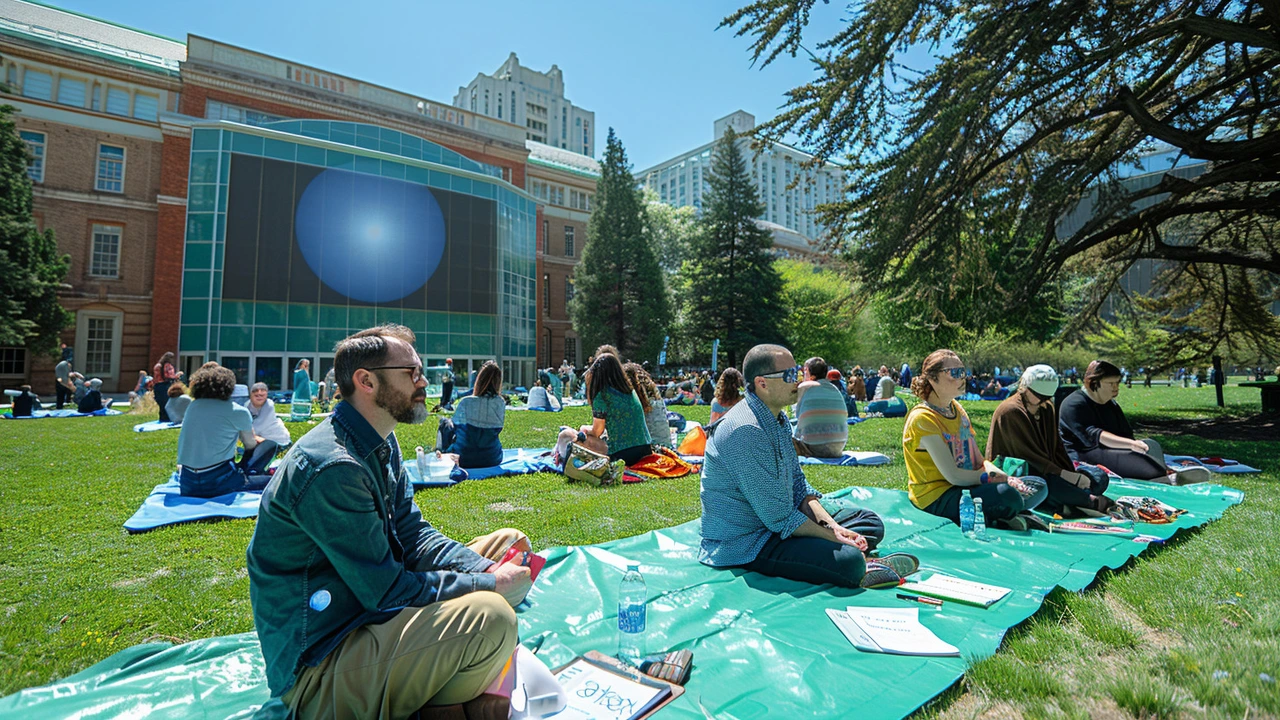Solar Eclipse News and What You Need to Know
Solar eclipses grab headlines for a reason – the sky turns dark, the temperature drops, and the whole world takes a breather. Here on Africa Success Daily, we pull together the most recent eclipse stories, easy‑to‑understand facts, and practical advice so you can enjoy the next one without any hassle.
Why Solar Eclipses Matter
First off, a solar eclipse isn’t just a cool photo op. It’s a chance for scientists to test theories, for students to see physics in action, and for communities to come together under a shared sky. When the Moon perfectly lines up with the Sun, it blocks sunlight and creates a brief twilight that can affect wildlife behavior and even power grids. In Africa, recent eclipses have sparked interest in renewable energy projects because the temporary dip in sunlight reminds us how dependent we are on the Sun.
Beyond the science, eclipses have deep cultural roots. Many African cultures view the event as a sign of change or a time for storytelling. You’ll find festivals, traditional dances, and local legends popping up whenever a major eclipse is forecast. That mix of science and heritage makes each eclipse a unique experience worth following.
How to Watch a Solar Eclipse Safely
Never, ever look directly at the Sun without proper protection – even during an eclipse. The safest way is to use certified solar viewing glasses that meet the ISO 12312‑2 standard. If you can’t get glasses, a simple pinhole projector works well: poke a tiny hole in a piece of cardboard and let the Sun’s image project onto a white surface.
Timing is key. A total eclipse may only last a few minutes, so plan ahead. Find a location with a clear horizon, check the weather forecast, and arrive early to set up your viewing gear. For partial eclipses, you can watch the Sun’s “bite” in the sky using solar filters on binoculars or a telescope – but never attach a filter to the eye directly.Don’t forget your phone or camera. If you want photos, attach a solar filter to the lens and use a tripod to keep the shot steady. Many enthusiasts share their images on social media, so you can compare your view with others across the continent.
Lastly, bring the community vibe. Invite friends, family, or local schools to join your eclipse watch. Share quick facts, tell a local myth, and enjoy the temporary darkness together. That shared excitement is what turns a scientific event into a memorable story.
Keep checking this tag page for the latest eclipse announcements, expert interviews, and real‑time coverage of upcoming events across Africa and the world. Whether you’re a seasoned sky‑watcher or just curious, we’ve got the info you need to make the most of every solar eclipse.

6
Jun
Scientists at the National Institute of Standards and Technology (NIST) conducted an experiment during a rare solar eclipse to measure greenhouse gases, particularly focusing on carbon dioxide (CO2) concentrations. Utilizing both low-cost and high-precision sensors, they discovered a spike in CO2 levels precisely at the peak of the eclipse. The findings prompt further analysis to understand these anomalies.
Read More
